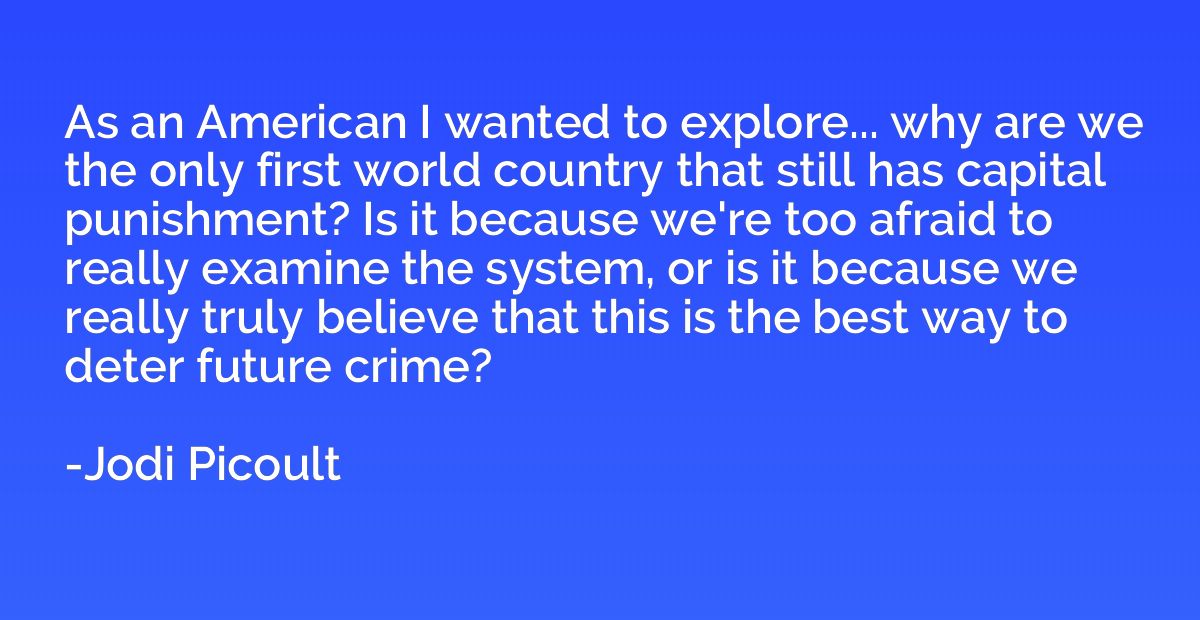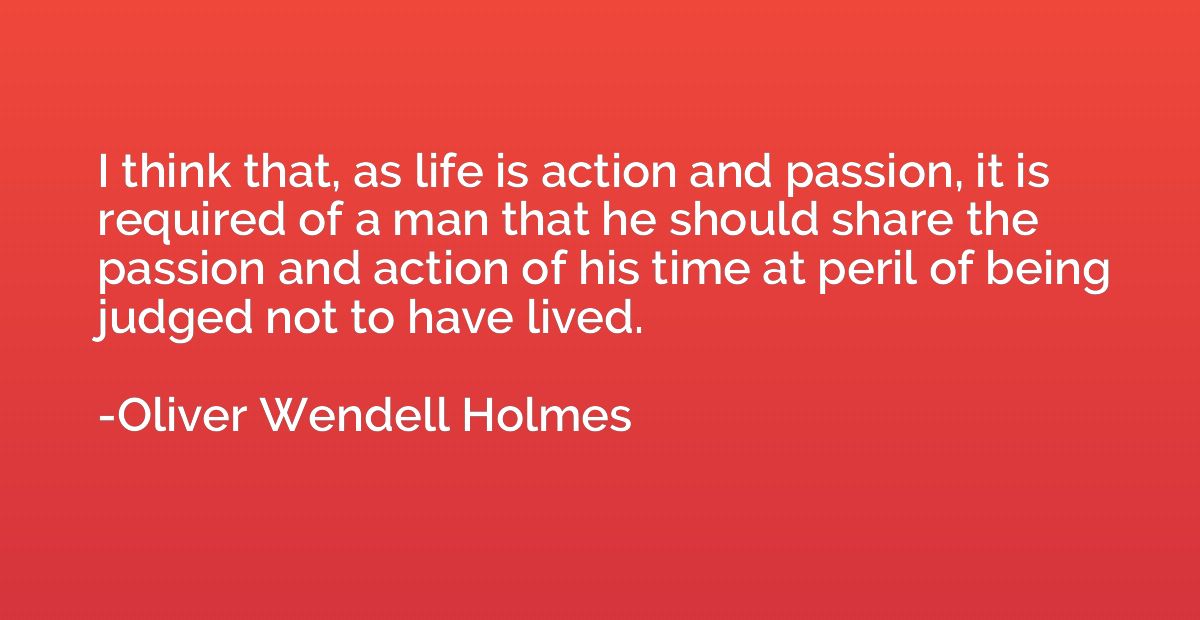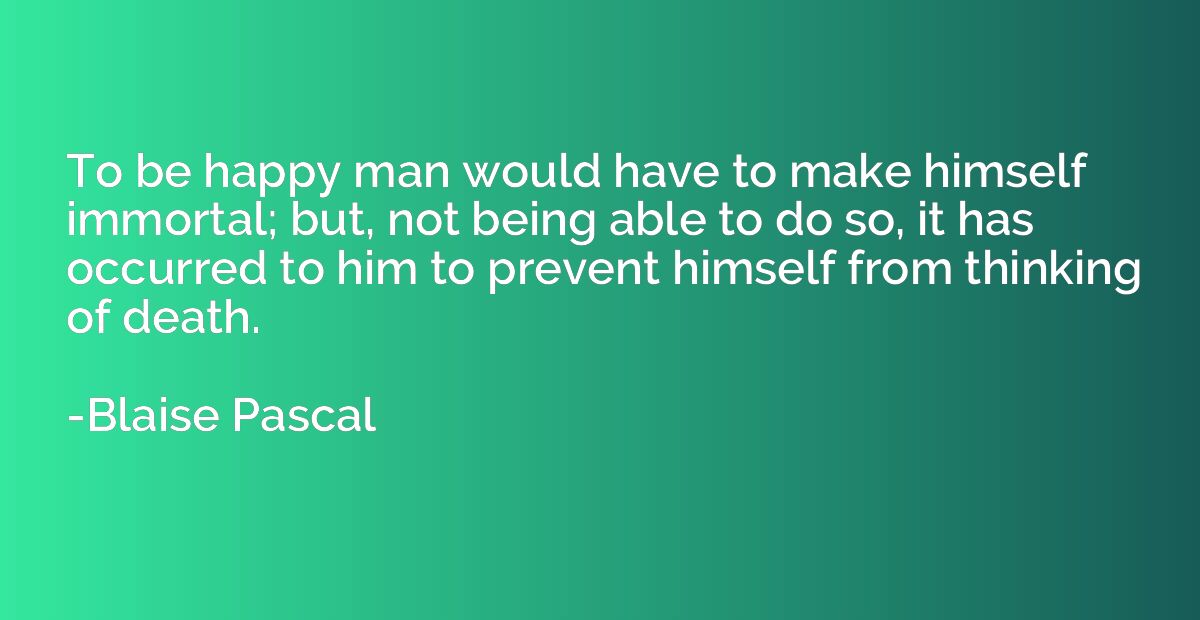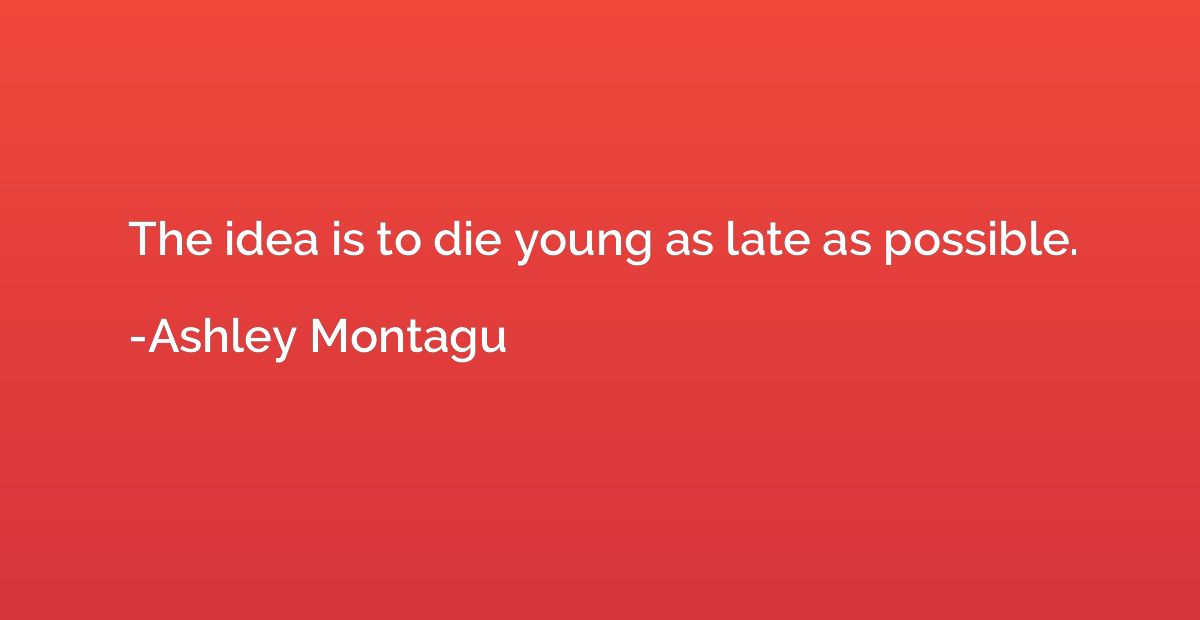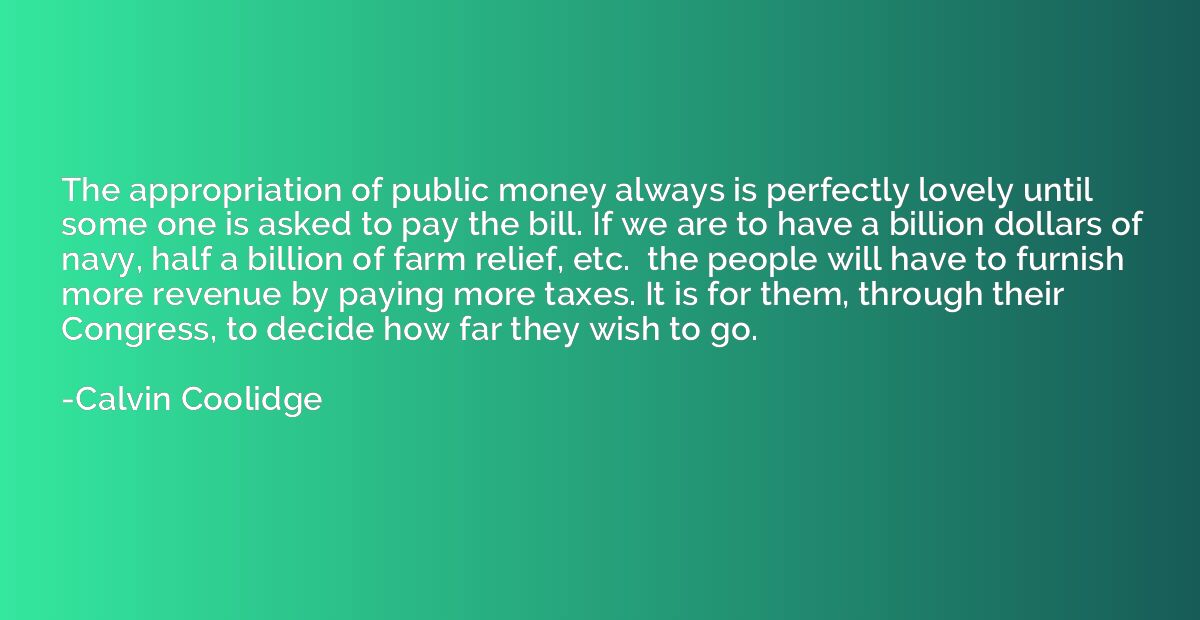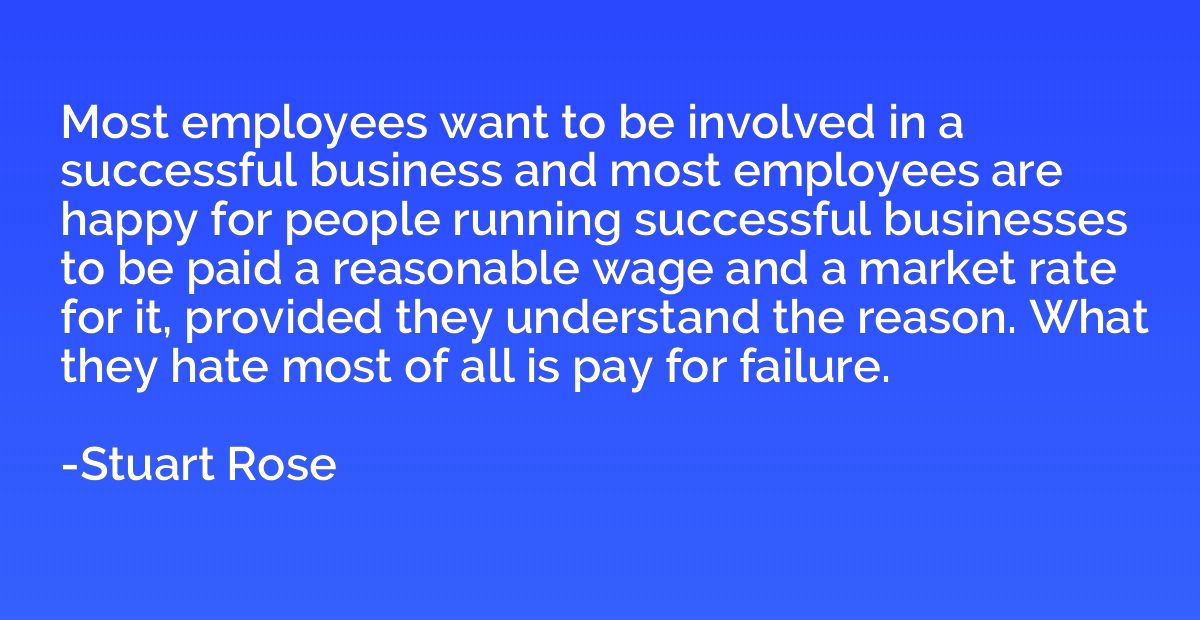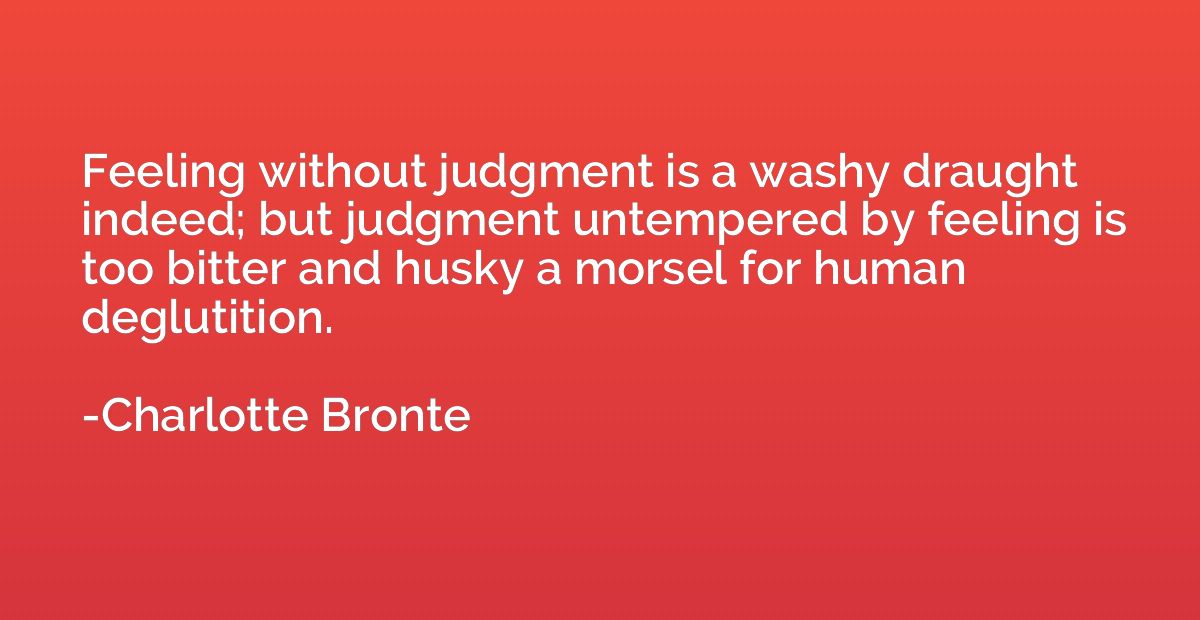Quote by George Orwell
Part of the reason for the ugliness of adults, in a child's eyes, is that the child is usually looking upwards, and few faces are at their best when seen from below.
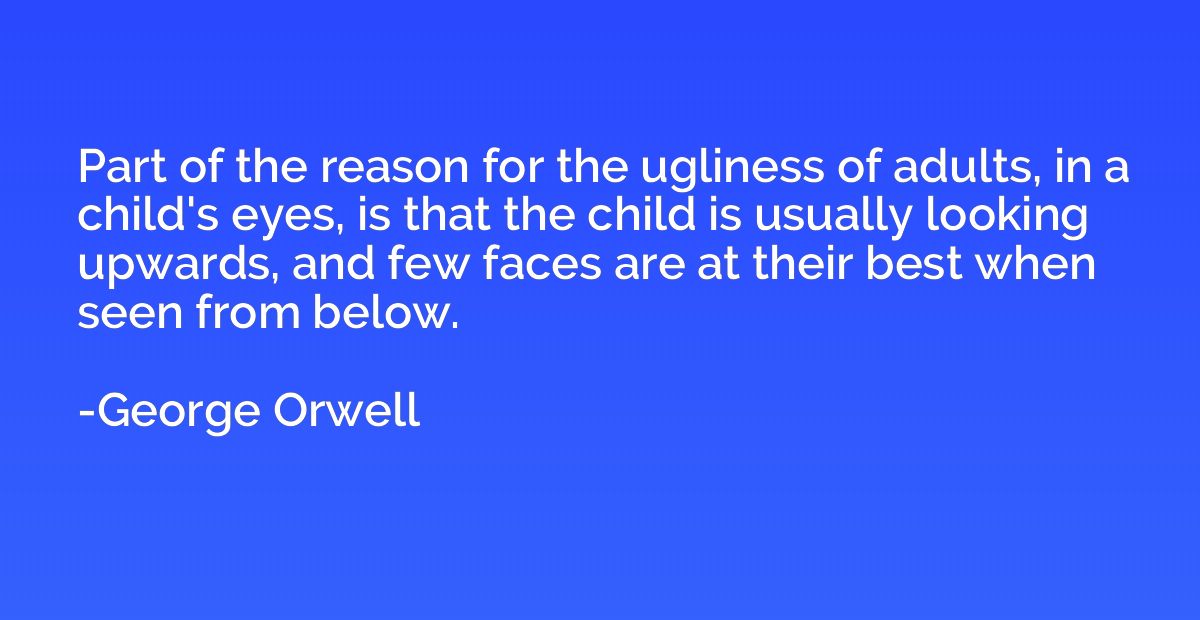
Summary
This quote suggests that children often perceive adults as 'ugly' because they typically look up at them, causing them to see their faces from an unflattering angle. As we look upwards, many facial features can appear distorted or less appealing. This quote emphasizes the impact of the child's perspective and highlights how our perception of beauty and ugliness is influenced by the angle from which we observe others.



